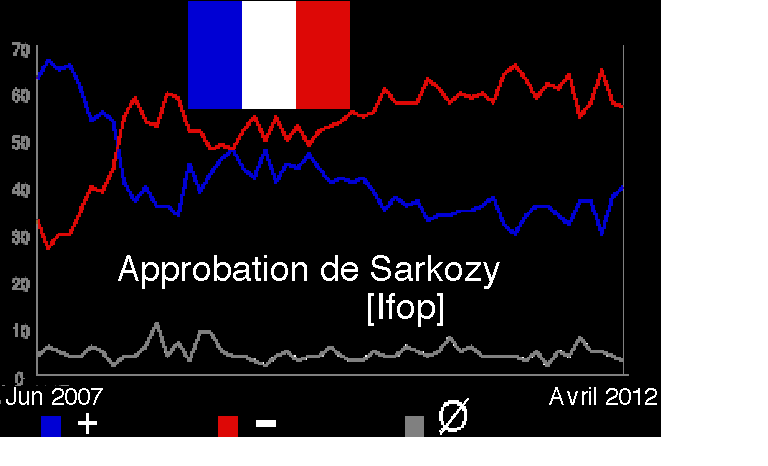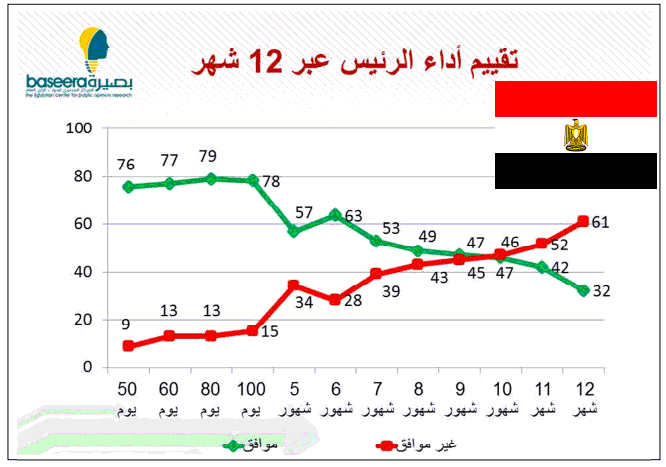

By Warren D. Smith, July 2013
When the "Arab Spring" came to Egypt, I publicly predicted (quite successfully) what would happen: Egypt would foolishly adopt a plurality-based voting system, then the secular candidates whom Egypt, overall, wanted (to follow the lead of the secular-government country Turkey which is generally perceived in Egypt to have been the most successful of the Moslem countries) would split the vote causing the Muslim Brotherhood candidate (M.Morsi) to win. Another risk was that the Mubarak old-guard candidate would win due to a vote split among everybody else. The Muslim brotherhood and Mubarak old guard both had more money, organization, and/or unity than the anti forces, who were comparatively disorganized and split, but overall more numerous. This enabled me to see this coming a mile away.
Hillary Clinton also made a similar prediction and hence she and Obama seemed to come out against the Egyptian revolution and in favor of the dictator Hosni Mubarak, much to the disgust of Egypt and probably most of the Arab world. But if they instead had recommended score voting, then this whole prediction and pathology would have been irrelevant since "vote splitting" does not exist with score voting.
SCORE VOTING:
- Each voter gives a numerical score in some fixed range (e.g. 0 to 9) to each candidate. (Also permitted to leave some candidates unscored.)
- Greatest average score wins.
But apparently she & Obama preferred dictatorship over democracy. Later Obama grudgingly reversed course, but much damage was done to Egypt's view of both Obama and the USA.
And indeed, Morsi won... Egypt degenerated further... and now (July 2013) Egypt's fledgling democracy seems to be about to self-destruct with Morsi widely perceived as a failure. As of July 2013 Morsi's approval rating is down to 24%, although it once was 75%.
More complicated and correct story: My prediction, although basically correct, turned out to have been oversimplified. Egypt adopted plurality plus 2-man runoff as its Presidential election method, i.e. emulating France instead of the USA. This is superior to plain plurality voting, but as the 2007 French Presidential election illustrated, it is not good enough, and not as good as score voting.
The Egyptians, even though strongly against Mubarak and his former regime, contended with a vote split among all the anti-Mubarak candidates, allowing the Mubarak-old-guard candidate's Ahmed Shafik's unsplit 23.7% vote to get him into the 2-man runoff.
PEW 24 March - 7 April 2011 POLL:
In your opinion, was it a good thing or a bad thing that Hosni Mubarak resigned?
Good: 77% Bad: 13% neither: 9% don't know: 1%.
Also, Egyptians, although overall in favor of a secular government emulating Turkey's, contended with another vote split among the secular candidates versus the one official Muslim Brotherhood candidate, Mohamed Morsi. This meant Morsi's 24.8% vote share was enough to get him into the runoff.
PEW 4-10 May 2012 POLL: Which of the following models (Iran, Turkey, Saudi Arabia, Malaysia, Tunisia, Morocco) is closest to your aspiration in thinking about the role Islam should play in the Egyptian political system?Turkey 54% Saudi Arabia 32% none 7% Tunisia 4% all others 0%In a world where there is only one superpower, which country (outside your own) would you like that superpower to be: Turkey, Saudi Arabia, France, America, or China?Turkey 41% Saudi Arabia 25% France 5% America 5% China 4%
However it is probable that a liberal secularist would have defeated either, e.g. Sabahi+Moussa+Ali's combined 20.7+11.1+0.6=32.4 exceeds either Morsi or Shafik's votes (and if Shafik were gone presumably his votes would have gone both ways, while if Morsi were gone presumably his votes would mainly have been anti-Shafik). When we combine this with the pairwise and score-style poll data below, it all indicates that the plurality+top2 system malfunctioned in both France 2007 and Egypt 2012, while score voting in both cases would have succeeded in electing a candidate those countries wanted.
Every time that happens to a country it damages it. In the case of Egypt this damage – combined with the walkout by liberal and secular groups from the constitution-writing assembly because they believed it would impose strict Islamic practices (which meant the Constitution was bound to leave many unhappy and lack legitimacy despite its 64-36 passage by referendum) and then Morsi's dictator-style power-grabbing decrees and other moves – may have been so severe as to be fatal. Countries with better political designs experience less such damage, hence succeed and grow better, over time accumulating enormous advantages.
The Muslim Brotherhood's initial stance had been that they were not going to run a presidential candidate. However, Abdel Moneim Aboul Fotouh defied that by running as a prominent Muslim Brother, whereupon the Brotherhood
Morsi then defeated Shafik by 51.7 to 48.3% in the runoff to win the presidency.
This seems to have been an undemocratic result caused by the voting system. Egypt missed a golden opportunity to improve versus the design of other democracies, by adopting a better voting system, score voting, instead of the poor single-winner voting systems used in every other present democracy. Think of it as a matter of national pride as well as common sense. Why should Egypt merely try to emulate Western democracies that are not doing a very good job, when they could actually jump out in front with a superior democracy? Reformers have been trying for many years to change the USA to score voting, but have been unable.
At the time of the Arab Spring, I desperately attempted to notify prominent Egyptians that all this was going to happen, that score voting was the cure, and that this was their opportunity, but I failed utterly. Lead the world, don't just make and repeat errors.
|
|
|
|
| Sarkozy Approval Rating during term 2007-2012 | Morsi Approval rating during his 1 year (abbreviated) term |

|

|
|
|
|
|
Another version of this same page, rewritten in a different style by J.Quinn